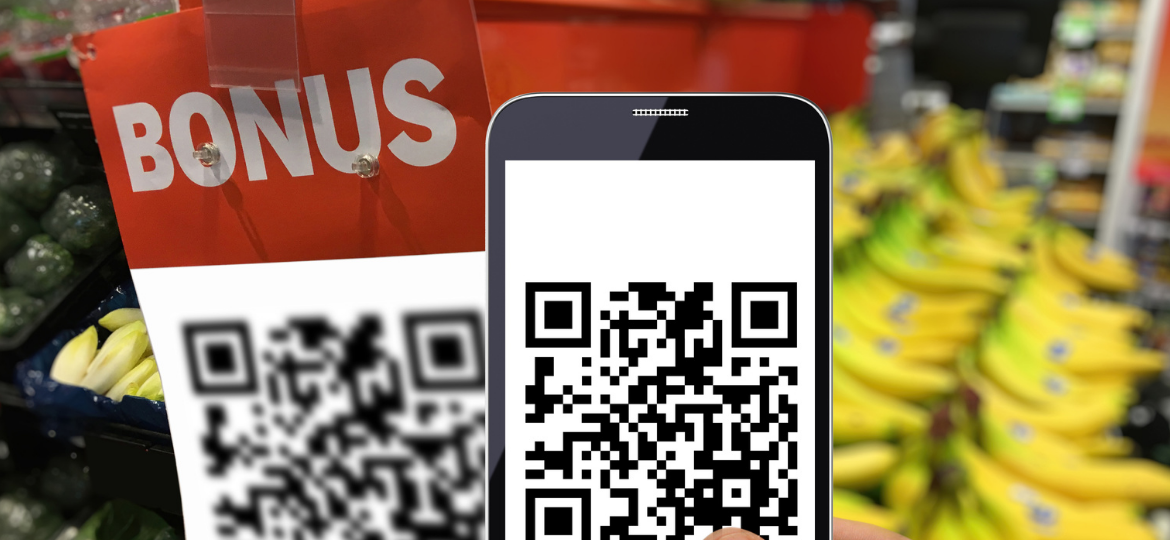
Consumer spending fell by -16.3% year-on-year to January with the UK now in its third lockdown. Promotional activity has grown in importance over the past 12 months with the economic situation dampening consumer confidence.
Asked about promotional activity in June, 25% of consumers have been looking for promotional deals more since lockdown began, with this figure rising to 50% amongst 35-54 year olds. Buy one get one free promotions are the preferred promotional type, with 38% of consumers very interested in these.
Promotional activity targets loyalty
Catering to the more cost-conscious shopper, retailers have been ramping up messaging around lower prices. Sainsbury’s, for example, recently announced price reductions across 250 products to match Aldi, following Tesco’s Aldi price match campaign.
Following a reduction in the number of promotions available across major retailers throughout 2020, promotional activity has returned to pre-pandemic levels except at Tesco and Ocado. Tesco have instead moved to an EDLP pricing strategy, offering exclusive promotions to Clubcard holders.
Similar strategies have also been implemented across the Convenience channel, taking advantage of increased technology usage throughout lockdown. Pre-coronavirus, the core convenience shopper was typically older, where technology-based promotions and loyalty schemes may have been seen as more of a barrier to usage. However, under lockdown conditions, consumers have become increasingly accustomed to technology – from grocery and foodservice delivery to using QR codes. Apps are becoming commonplace across both retail and hospitality, streamlining ordering and payments while also locking in customer loyalty. Furthermore, the average age of the convenience shopper has fallen as younger shoppers shift from more urban shopping and rediscover their local stores.
Costcutter is the latest to trial a customer loyalty app, enabling customers to pay for goods using a QR code in store and build up points with each purchase to gain access to exclusive offers in store. Such apps, encouraging repeat visits, are a key means of building shopper loyalty; in particular at a time where maintaining these new shoppers gained during lockdown is so important.
In addition to loyalty promotional activity is also important in driving impulsivity in convenience stores, with 17% of consumers picking up products on impulse because it was on promotion/special offer. Ensuring that promotional activity is clearly communicated to shoppers online, such as through retailer social media sites, is vital, with 34% of consumers either agreeing or strongly agreeing that they are looking for promotional deals on their phones now than prior to the coronavirus outbreak.
Price marked packs most positively impact confectionery
Price marked can also appeal to the promotion hunting customer, with 49% strongly agreeing* that PMPs are a type of promotion, while 27% strongly agree* that products in PMPs are less expensive than those in non-price marked packs. However, younger shoppers are less convinced; 38% of 18-24-year olds view PMPs as a type of promotion.
Attitudes towards price marked packs also vary across categories, with confectionery the most positively influenced – 42% of consumers are more likely to purchase confectionery in a price marked pack, in comparison to 24% for energy drinks.
Grow convenience channel sales with in-depth category, mission and demographic data.
Meal deals are important in beating the lunch fatigue
Meal deals have long been an office lunchtime staple, but as consumers continue to work from home, where does this leave such offers? Meal deals currently appear in 22% of Eating and Drinking Out occasions, with retailers innovating in this space throughout 2020 to cater to consumers seeking out better value lunches to beat the work-from-home ‘lunch fatigue’. Tesco, for example, launched new products including new salad and sushi SKUs, while Asda launched what it claims is the cheapest supermarket meal deal, spanning the entire food-to-go range. With consumers expecting to continue to work from home at least some of the time post-lockdown and 54% of consumers expecting to bring only packed lunches when they do return to offices, an innovative and value-led approach to lunchtime meal deals will be key to driving consumers back to food-to-go lunches.
Promotional activity remains important to customers and retailers alike
While promotional activity declined in 2020 as retailers focused on stock availability, the impact of the coronavirus on shoppers’ pockets will continue to be felt throughout 2021. This underlines the continuing importance of promotional activity not just to consumers, but also to retailers, in building and maintain customer loyalty and offering a means to engage with increasingly switched on and accessible customers through new technology.
Convenience Tracking Programme
The authority on the complex and fragmented UK convenience market, supporting suppliers and retailers with data, forecasting, retailer analysis and path to purchase insight.

